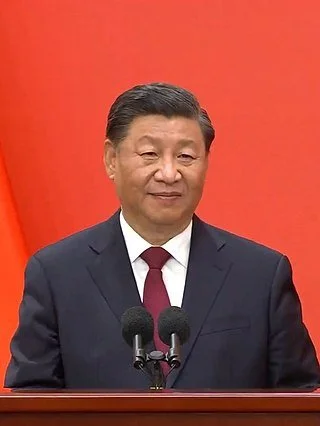The Social Democratic Case for the WTO
In the gloomy days of early December, 1999, the city of Seattle saw upwards of 40,000 protestors descend upon the city. The demonstrators were drawn from a dizzying array of groups and interests, ranging from the American Federation of Labour and Congress of Industrial Organisations (AFL-CIO), the largest federation of unions in the US, to environmentalists and Catholic clergy. What followed was four days of tear-gas filled clashes with police and national guardsmen. The subject of their demonstrations was the convening of the World Trade Organization (WTO), who they blamed for immiserating much of the world.
The reality is the protestors were not mistaken . Institutions of global economic governance exercise considerable power over individual states and have by and large used this power to impose austerity and dubious ‘market reforms’ on people that neither want nor benefit from them. But social democrats should seek to achieve hegemony over these institutions rather than forsaking them. That is, efforts to create new alternative institutions separate from these are doomed to failure, an admission that should be evident to those who decry the WTO's scope and influence. And what's more, there is already evidence of the WTO's potential to be hijacked for progressive ends.
It is no secret that transnational economic bodies like the WTO and IMF have long imposed stifling economic doctrines upon their member states. The WTO’s founding in 1995 coincided with the apogee of the neoliberal turn, with robust welfare states scorned by the establishments of western countries in favor of markets. Enfeebling state capacity was the order of the day. Unsurprisingly, these same shibboleths became policy at transnational institutions, with IMF loans conditioned on cutting public spending and the WTO demanding the abandonment of price guarantees for farmers. As a body, the WTO is less concerned with environmental and labour accords than even the populist bête-noir of NAFTA, signed a year prior to the WTO’s creation.
Given all this, it is understandable why many on the social democratic left would see it as counterintuitive to understand these institutions as potential vehicles for labour organizing. Their potential lies in the fact that these transnational bodies of economic governance have real regulatory teeth. In contrast, institutions like the International Labor Organization (ILO) which, while passing laudable measures concerning labour rights, have limited authority. Unlike its predecessor, the General Agreement on Tariffs and Trade, the WTO has adjudicatory bodies that wield real power over the trade practices of member states. States want to be party to the WTO. After all, membership confers non-trivial benefits.
This desire could be leveraged toward social democratic ends. Make recognition of the right to organize a precondition for admittance. Rather than using its authority to ditch price guarantees for vulnerable farmers, it could instead be coercing states into mandating higher wages, encouraging unionization, and setting down strict standards for workplace conditions. It is a powerful body waiting to be used, a potential vehicle for labour and environmental standards. These institutions ought not to be seen as immutably aligned with the interests of capital. Rather, they could in principle serve the interests of the global working class, were a social democratic faction in position to seize control.
Admittedly, steering the WTO and institutions like it to the left is a formidable political challenge, one that might seem daunting in its scale and effort. Ironically, an avowed foe of organised labour and of global governance, Donald Trump, may have inadvertently shown a way of doing that. In 2018, Trump attracted scorn when his administration paralysed the WTO by vowing to veto the appointment of new members to the Appellate Body. The administration did this out of petulance towards China. That said, it revealed a possible playbook for the left to use to exert pressure on transnational institutions to achieve its goals. Left-wing governments like the one recently elected in Brazil should use their membership status to nominate like-minded people to the appellate court and hold up the nominations of judges hostile to organised labour.
The weaknesses in the WTO revealed by Trump are a reminder of something else, too. The WTO and IMF and bodies like them are made up of states. And the sevenmember appellate court? Those judges are also appointed by states. The implications of this are sobering. Any realisation of a WTO friendly to worker-interests, one in which the interests of labour are given precedence over the interests of capital, must be preceded by a long, difficult slog: winning power in individual states. Brazil shows this is possible, as do recent labour and electoral victories in Chile. Such a task is not, as Antonio Gramsci said, ‘the act of a miracle worker: it too is a making, it is a process of development. It presupposes preparatory work of organization.’ There is little time to waste, and a world to win.
Image courtesy of Gerald Ford via Wikimedia Commons, © 2014, some rights reserved.
The views and opinions expressed in this article are those of the author and do not necessarily reflect those of the wider St. Andrews Foreign Affairs Review team.



